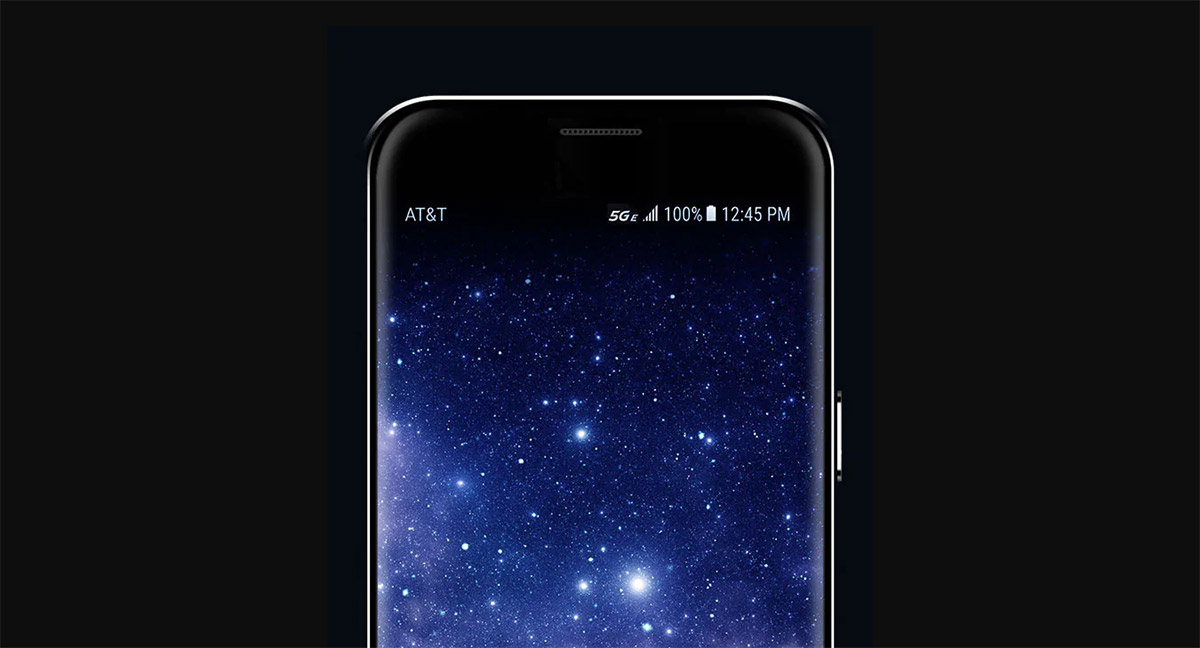Being the first to offer 5G is something that could definitely help a carrier’s sales, so when AT&T customers started noticing that their Android phones were showing 5G symbols, eyebrows were raised. That was most definitely the case when those running the latest iOS 12.2 beta also noticed the same thing – especially considering 5G isn’t yet ready. The phones are showing a 5G E logo, which isn’t actually a real standard. To that end, Sprint is suing AT&T over the move.
In reality, 5G E is just a faster version of 4G, dubbed 4G LTE-Advanced. AT&T is simply branding it as 5G E, even though it’s not 5G at all. Users who see the symbol will no doubt be seeing improved speeds on their handsets, but that’s nothing to do with the 5G that everyone has been talking about for months.

As Engadget reports, Sprint has taken exception to the move, as you perhaps might expect.
Sprint has filed a lawsuit in federal court, seeking an injunction to prevent AT&T from using 5GE tags on its devices or advertising.
In its claim, Sprint said it commissioned a survey that found 54 percent of consumers believed the “5GE” networks were the same as or better than 5G, and that 43 percent think if they buy an AT&T phone today it will be 5G capable, even though neither of those things are true. Sprint’s argument is that what AT&T is doing is damaging the reputation of 5G, while it works to build out what it calls a ” legitimate early entry into the 5G network space.”

Equally predictable is AT&T’s response, with the carrier apparently of the belief it is doing nothing wrong.
5G Evolution and the 5GE indicator simply let customers know when their device is in an area where speeds up to twice as fast as standard LTE are available. That’s what 5G Evolution is, and we are delighted to deliver it to our customers.
We will fight this lawsuit while continuing to deploy 5G Evolution in addition to standards-based mobile 5G.
We’re pretty sure everyone who isn’t on AT&T’s payroll would argue that it is, indeed, misleading.
(Source: Engadget)
You may also like to check out:
- Download iOS 12.1.3 Final IPSW Links And OTA Update For iPhone And iPad
- iOS 12.1.3 Release Notes, Changelog And Other Changes You Need To Know About
- How To Downgrade iOS 12.1.3 To iOS 12.1.2 / 12.1 [Guide]
- Jailbreak iOS 12.1.3 / 12.1.2: What’s The Latest Status?
You can follow us on Twitter, add us to your circle on Google+ or like our Facebook page to keep yourself updated on all the latest from Microsoft, Google, Apple, and the Web.

